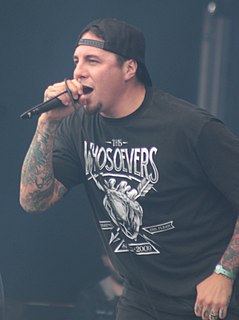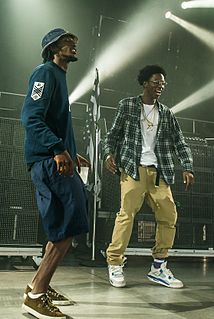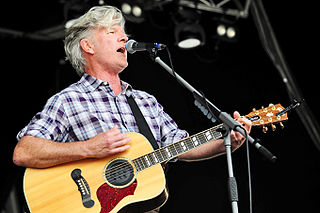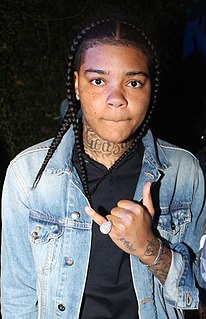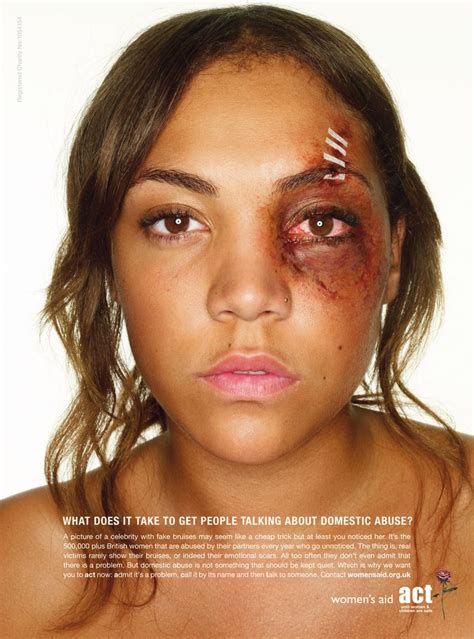A Quote by Sonny Sandoval
I was born into hip hop and reggae, and then I started listening to more hardcore and punk bands like Bad Brains and the Suicidal Tendencies; they opened up a whole new world for me. They had something to say, and I could relate to them.
Related Quotes
For me, growing up in New York, it started with Elvis Costello and the Clash and then got into louder things like Bad Brains and Stimulators, because those were, like, the local bands. Then I started getting into bands from England like the Slits. I remember seeing Gang of Four at Irving Plaza; that was a really big show for me.
I wouldn't compare my sound on the mixtape to anything, but my influences are like - the minimal amount of hip-hop that I actually do know - because I didn't grow up listening to hip-hop like that. No one really put me on to hip-hop like that... My dad's from Jamaica and my mom is from Barbados, so that's really the stuff I grew up listening to.
I was listening to Jimi Hendrix and Pink Floyd, because that was new music for me. I really hadn't been up on them. I mean, I'd heard of them, but I wasn't up on their music. And I kept listening to Radiohead, and I was like, Man, I want to make hip-hop that feels like Radiohead. I want to make hip-hop that can use guitars and soul and jazz and just fuse it all together.
The big change was reggae and hip-hop, which came along after Split Enz had started. When Bob Marley first visited New Zealand, he lit a fuse that is still burning very brightly. The Maori people particularly honor reggae music in a very big way. So there is a strong reggae scene and a strong hip-hop scene, especially among Samoans. There's still plenty of quirky stuff around. No one expects to make much money here, so it definitely does encourage an underground sense.
I grew up in the '80s and '90s listening to Public Enemy and Mobb Deep and the Smashing Pumpkins. I don't even know what it was like in the '60s - I wasn't alive then - so the Mayer Hawthorne sound is taking what I can learn from the classics, and blending it with my hip-hop DJ and producer background and punk-rock bands that I played in as a kid.
Socially, hip-hop has done more for racial camaraderie in this country than any one thing. 'Cause guys like me, my kids - everyone under 45 either grew up loving hip-hop or hating hip-hop, but everyone under 45 grew up very aware of hip-hop. So when you're a white kid and you're listening to this music and you're being exposed to it every day on MTV, black people become less frightening. This is just a reality. What hip-hop has done bringing people together is enormous.
People ask me: ‘What is punk? How do you define punk?' Here's how I define punk: It's a free space. It could be called jazz. It could be called hip-hop. It could be called blues, or rock, or beat. It could be called techno. It's just a new idea. For me, it was punk rock. That was my entrance to this idea of the new ideas being able to be presented in an environment that wasn't being dictated by a profit motive.
In this time, we incorporate money and media, and it's split up like apartheid, where when you say "hip-hop," you think just rap records. People might have forgot about all the other elements in hip-hop. Now we're back out there again, trying to get people back to the fifth element, the knowledge. To know to respect the whole culture, especially to you radio stations that claim to be hip-hop and you're not, because if you was a hip-hop radio station, why do you just play one aspect of hip-hop and rap, which is gangsta rap?
